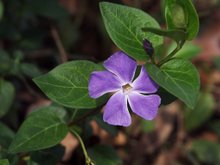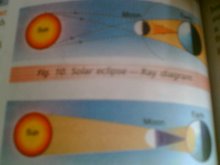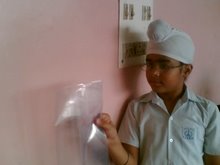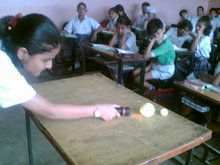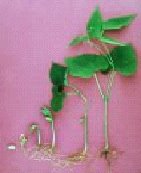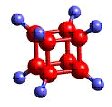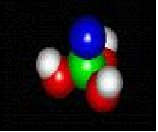Monday, 16 May 2011
Friendly Microorganisms
The concept of ‘Friendly Microorganisms’ was developed by Professor Teruo Higa, from the University of the Ryukyus in Okinawa, Japan. He reported in the 1970s that a combination of approximately 80 different microorganisms is capable of positively influencing decomposing organic matter such that it reverts into a ‘life promoting’ process. Higa invokes a ‘dominance principle’ to explain the effects of his ‘Effective Microorganisms’. He claims that three groups of microorganisms exist: ‘positive microorganisms’ (regeneration), ‘negative microorganisms’ (decomposition, degeneration), ‘opportunist microorganisms’. In every medium (soil, water, air, the human intestine), the ratio of ‘positive’ and ‘negative’ microorganisms is critical, since the opportunist microorganisms follow the trend to regeneration or degeneration. Therefore, Higa believes that it is possible to positively influence the given media by supplementing with positive microorganisms.








